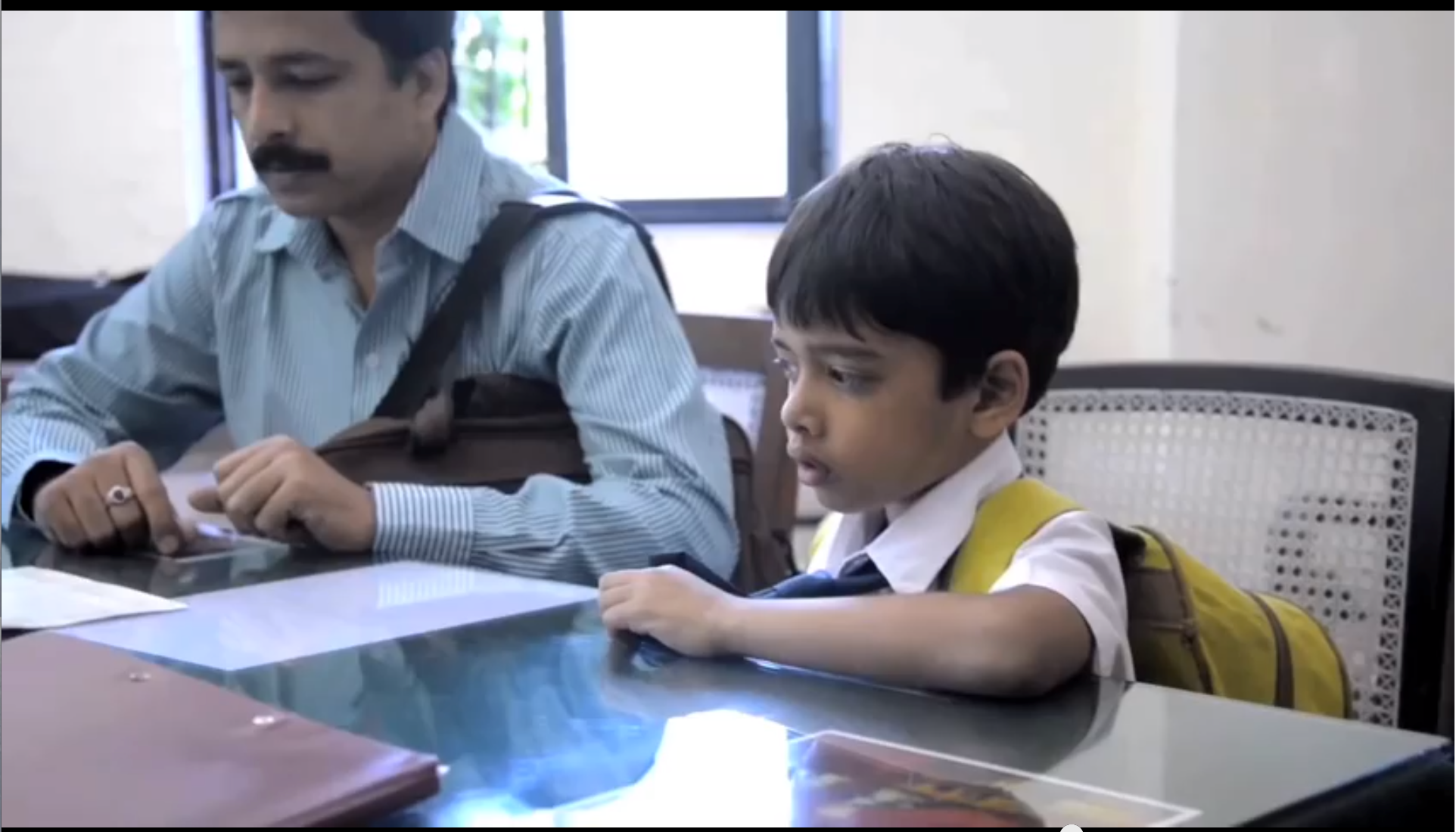Social Change Partner: Basic Charitable Trust

The Problem
All children are born equal.
All lives have equal value.
The above sentences dictate two of the most fundamental values of life, and yet these values are sadly not being met on a societal scale in India. Currently, the nation’s education and healthcare systems are succumbing to states of inequality and elitism. As a result, the best education and medicare opportunities are becoming less and less accessible for those that need it the most: the masses.
In the last decade, India has, without question, experienced an unprecedented growth in the number of healthcare resources, manpower, and successful disease eradication ventures. In fact, maternal and infant mortality rates have declined steeply, overall immunization coverage for pervasive diseases has increased significantly, and implemented national programs have been successful in improving detection and cure rates for the likes of leprosy and tuberculosis.
Yet, these supposedly promising statistical gains mask the most pressing and concerning issue with India’s healthcare system: inequality. A study coordinated by the renowned Cleveland Clinic reveals that the ratio of hospital beds to population in rural areas is fifteen times lower than that for urban areas. A study conducted by IMS Health expands upon this, formally concluding that only 37% of India’s rural population is able to access key health facilities within a 5 km distance. Furthermore, an increasing proportion of India’s masses are forced to use private healthcare facilities as opposed to public facilities, a startling trend that is exacerbating affordability challenges. The inability of India’s rural population to access necessary, affordable healthcare needs is striking given that rural areas not only make up the majority of India’s population, but also host most of the country’s poverty-stricken populace.
India’s educational system is following a troubling trail much like the nation’s healthcare. Although educational attainment has holistically increased tremendously in recent years, this attainment is still marred with significant inequalities. Whether it be through caste, income, or any other socioeconomic/cultural-based stratification, India’s educational facilities are facing a widening divide between government and private schools. Multiple studies have concluded that India’s private schools are increasingly outperforming government schools in terms of academic effectiveness, physical infrastructure, and other factors – a troubling trend given that more than 70% of total students in India attend government schools. The growing dichotomous gap in the access to education is so glaring that, in the UN Human Development Index (HDI) of 2013, India’s education index loses more than 40% of its value once it is adjusted for inequality.
These growing inequalities in proper educational attainment and healthcare are on pace to have serious ramifications for India. As one of the youngest countries in the world with a rapidly growing population, India’s populace needs to be equipped with the knowledge and medicinal needs to propel their country forward – progress that simply will not be plausible if these inequalities persist.
The People
Fortunately, a movement to equalize healthcare and educational opportunities in India has been initiated by an up-and-coming non-profit organization named Basic Charitable Trust. Founded in 2012 in Kerala, India by S. Muralidharan [last name], Basic Charitable Trust strives to fulfill the two sentences that began this article: All children are born equal and All lives have equal value. In an interview I conducted with S. Muralidharan, the organization’s CEO, he states that the motivation for creating Basic Charitable Trust revolves around the idea that “privileges come with responsibilities.” In essence, the organization hinges on privileged (well placed in life) people fulfilling their responsibilities for ensuring the care of others, as this is the only way, as Muralidharan states, “for a country like India with 1.3 billion people to move forward.” .” The privileged ones have the management expertise and leadership skills. The Indian constitution with its working democracy doesn’t stop anyone from doing good things for the community so long as it is within the legal framework. Hence as a natural process, those who made it in life can and must lend a helping hand to bridge the inequality gap, as “We cannot help ourselves without helping others…We cannot enrich our lives without enriching others…and we cannot prosper without bringing prosperity to others” – Janette Cole, Spellman College.
The Solution/Future Outlook
To curb the growing inequalities in education and healthcare, Basic Charitable Trust hopes to close the gap between government/tribal and private schools/hospitals by making education and healthcare more accessible for low-income persons. This mainly involves improving the infrastructure and resources of government schools/hospitals. In the three years since its creation, Basic Charitable Trust has mainly made localized strides by improving facilities in Kerala. So far, their education-centric projects have included providing furniture and transportation mechanisms to government schools in Kottayam, Kerala, along with reshaping 10 tribal schools in Wayanad, Kerala. In fact, Basic Charitable Trust has incorporated some tribal schools with the idea of “SmartClass” – a process where the schools are given computers, Internet connection, LED TVs, and pre-loaded pen drives stored with encyclopedic knowledge for the students.


The organization’s healthcare projects have included providing CCTV cameras, water purifiers, televisions, and waiting chairs to government medical facilities in Kottayam, Kerala.


These projects are, however, only the beginning steps for Basic Charitable Trust. In the next 3-5 years, the organization hopes to expand nationally through the establishment of more chapters and the use of, as S. Muralidharan coins it, “the Android effect,” where source codes are universally accessible. As mentioned before, Basic Charitable Trust’s main goal is to essentially equalize good quality educational and healthcare opportunities for all of India. According to Muralidharan, the best way for the organization to accomplish this goal is not by trying to do everything on its own, but rather through “inspiration, collaboration, and propagation.” In essence, Muralidharan hopes that Basic Charitable Trust’s endeavors can mimic the open-source model of Android and other programming languages by creating projects, blueprints, and ideas that can be broadcasted and “uploaded” such that anyone can use them in their own communities. Doing so will help Basic Charitable Trust ignite a nation-wide movement of equalizing good quality educational and healthcare opportunities.
Connect
Website: http://basiccharitabletrust.com/index.html
Facebook: Basic Charitable Trust




